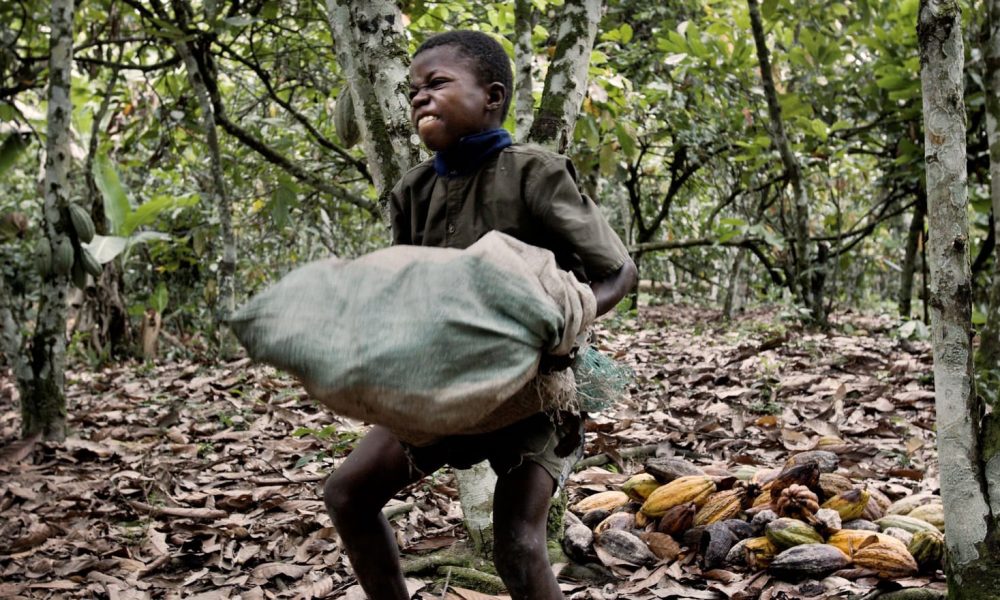For six weeks, there have been ongoing demonstrations in Haiti demanding the resignation of President Jovenel Moïse.
What We Know:
- For six weeks, there have been protests involving civilians who are fed up with poverty, scarcity, and corruption within the country of Haiti. They are demanding the resignation of President Jovenel Moïse. Tens of thousands have been marching daily in Port-au-Prince, other major cities, as well as the countryside.
- Many of the marches were started by rioters who were blocking roads and highways, setting fires, and attacking properties. Police have responded with tear gas and rubber bullets. Riot police have been in the streets monitoring the protests which have led to businesses, schools, and public transportation all being shut down.
- The country of Haiti and its population of 11 million have been plagued with fuel shortages, growing inflation, lack of safe drinking water, environmental degradation, and food scarcity thanks to the country’s leadership over the years. Haiti received millions of dollars in aid since the earthquake in 2010, however public services and infrastructure remain substandard. For decades, there has been crippling corruption at the highest levels that have gone unpunished.
- There have been several protests against Moïse in the past however, this is the longest-lasting protest he has faced. The protestors are made up of people from all walks of life including children, union workers, university professors, artists, and business associations.
- In 2017, Moïse was elected into office. Before coming into office Moïse was head of the company PetroCaribe which executives allegedly used to launder over $2 billion dollars. PetroCaribe had a deferred payment plan that was supposed to help improve public services in the country but never did.
- After the anti-corruption movement, the “Petrochallengers” pressured Moïse last year to agree to a formal investigation. Senate auditors reported that successive governments had misappropriated billions of dollars from the program. Moïse announced the creation of a “dialogue committee” to find a solution to the crisis however, a coalition of 107 civil society organizations released an eight-page document on supporting a transition.
- Many major hotel chains in the country are closing there doors in response to the protests including Best Western, Marriott Hotels, and Royal Decameron Indigo.
The protests have had some casualties with 18 dead and 189 injured so far.



